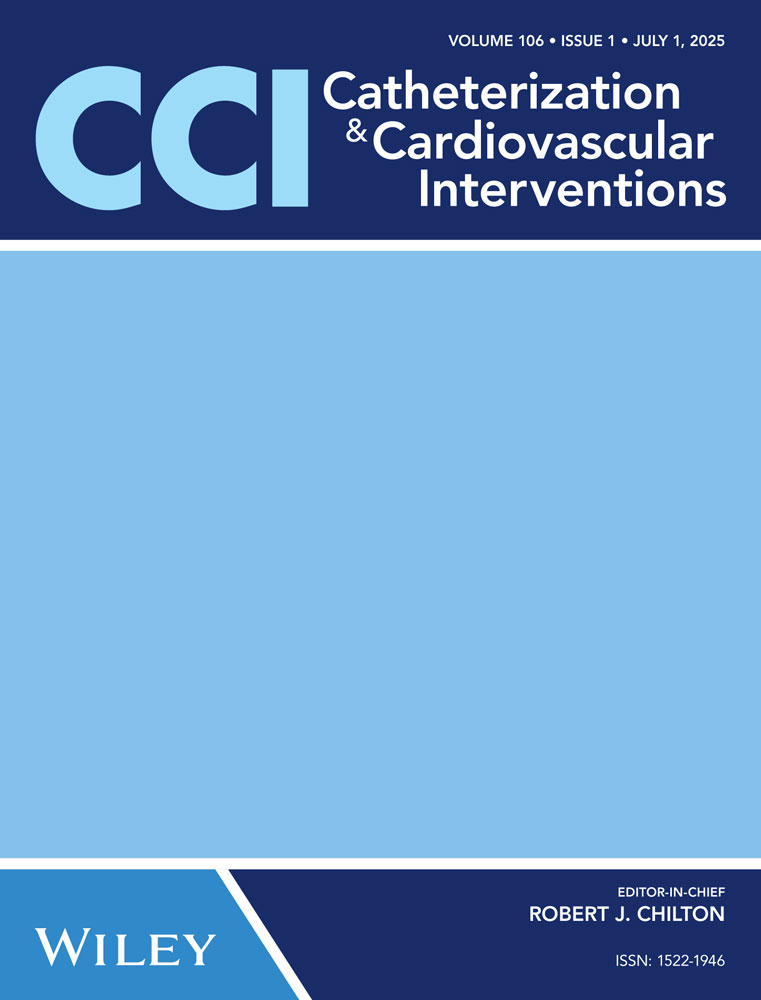Clinical Outcomes of Mitral Regurgitation Severity and Transcatheter Edge-to-Edge Repair in Atrial Functional Mitral Regurgitation
ABSTRACT
Background
Incident atrial functional mitral regurgitation (AFMR) is associated with mortality. Transcatheter edge-to-edge repair (TEER) has shown effectiveness in improving MR and symptoms in AFMR, but previous studies lacked comparison to conservative management. We aimed to study the association of AFMR severity and mitral TEER with symptoms, heart failure hospitalizations (HFH) and all-cause mortality in moderate/severe AFMR.
Methods
Consecutive adults with moderate/severe AFMR managed conservatively or with TEER 2010−2023 were identified retrospectively. To ensure similar technique in evaluation in the two groups, variables were obtained from the closest transthoracic echocardiogram before TEER in the TEER group. In addition to multivariable analysis, the association of TEER (vs. conservative management) with HFH and mortality was assessed using propensity-score matched analyses; the propensity score was based on age, sex, EuroSCORE II, effective regurgitant orifice area, integrative MR severity, and NYHA class III/IV (vs. I/II).
Results
Among 230 patients with moderate/severe AFMR [mean age 77; 56% females], 46 were managed with TEER. Severe (vs. moderate) AFMR was independently associated with baseline NYHA class III/IV (multivariable OR 2.18 [95% CI 1.13−4.26]) and HFH [multivariable HR 2.75 (95% CI 1.25−6.03)] but not mortality (p = 0.26). TEER improved MR to ≤ moderate in 93% but was not associated with lower HFH or death rates versus conservative management on multivariable or matched analysis. However, 1-year NYHA improved more with TEER versus conservative management in patients with baseline NYHA class III/IV (62% vs. 27%, p = 0.03). Rhythm control was associated with improved survival (HR 0.38 [0.15−0.98]).
Conclusions
AFMR severity was associated with symptoms and HFH but not mortality. MR severity and NYHA class improved with TEER, but the association of TEER with HF hospitalizations or death remains unproven. Randomized studies are needed to evaluate the potential role of TEER and rhythm control on outcomes in AFMR.
Conflicts of Interest
The authors declare no conflicts of interest.
Open Research
Data Availability Statement
The data that support the findings of this study are available from the corresponding author upon reasonable request.




